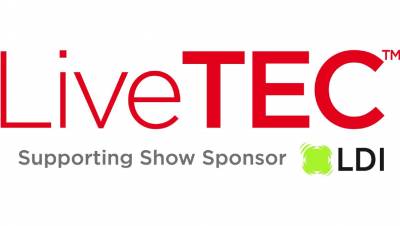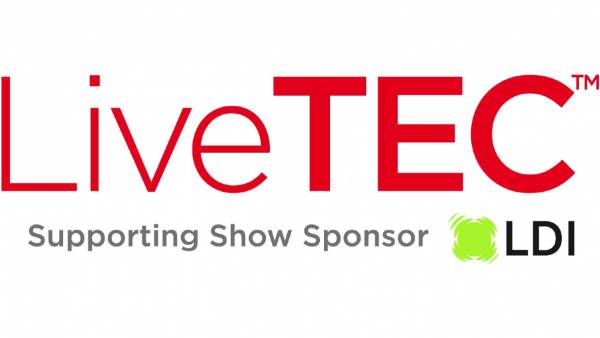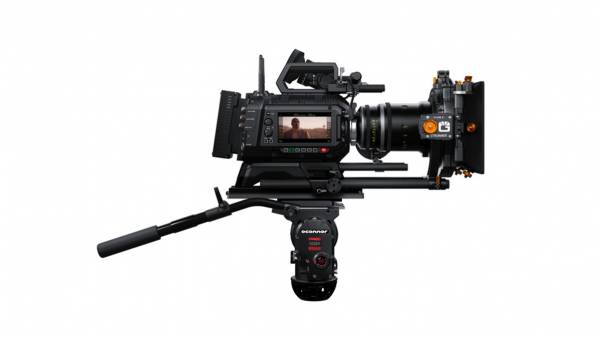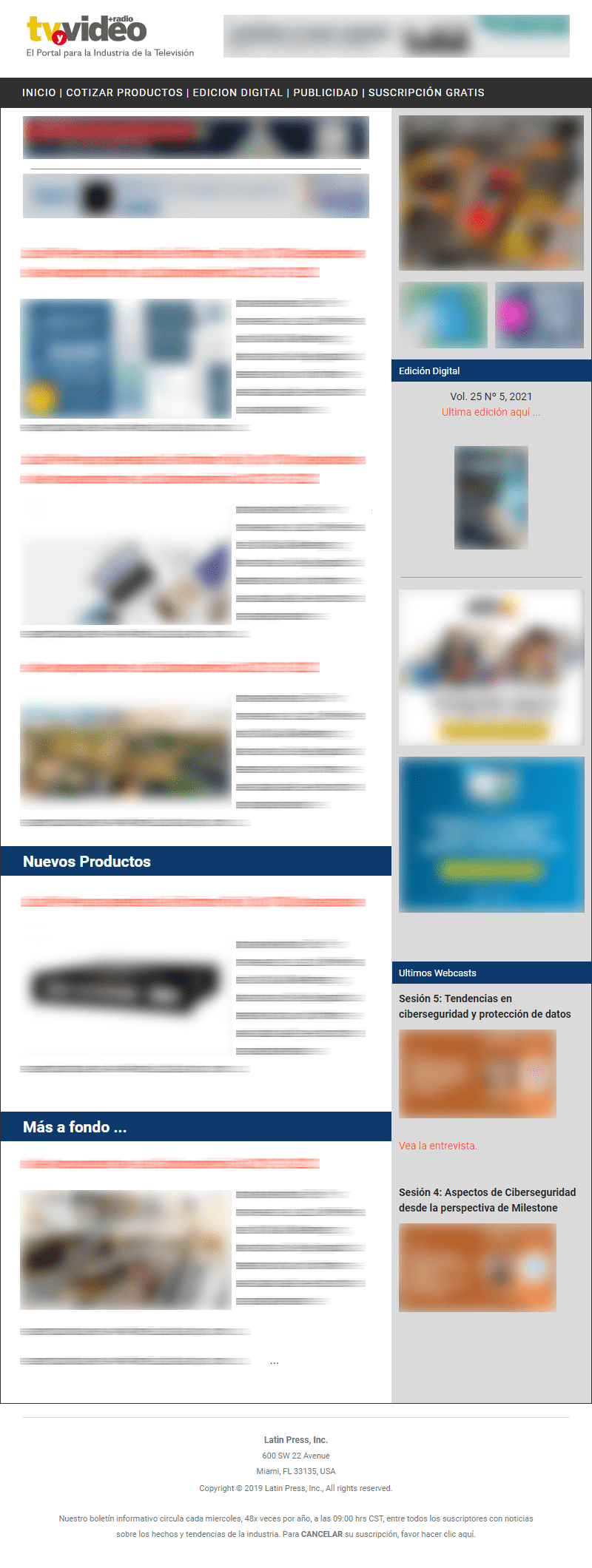What is coding or scrambling mode?
When a pay TV channel, cable or satellite, offers content only to be seen by its subscribers, it encodes its signals so that those who do not have a current contract as a subscriber of the service see on their television only a series of stripes.
Some of the coding systems intervene directly in the synchronism pulses and others digitize video lines by modifying them and making each line occupy a different certain position. Scrambling mode repositions the content of the video line and the location of the video line. This will then make what is observed on the monitor have indefinite colors and that the order of the image is chaotic. We have, in this way, an encoded signal.
To be seen the signal correctly, the pay-TV operator delivers a decoding equipment with a smart card, which is provided by a software company, which will allow the user to be enabled to receive the signals he has purchased. In other words, the card with a barcode has "encrypted" a secret number that is read by the decoder equipment which makes the user to whom that card has been delivered, enjoy his favorite programming.
And what then does the signal pirate do?
Pirates of the cable or satellite TV signal try to decrypt the key that comes on the smart card delivered by the pay-TV operator, clone the cards, steal them, or steal from a subscriber all the decoding equipment. The circuits with which the coding equipment is made are not entirely economical (an encoder can cost around $US 700) and therefore, would not be available to everyone. However, when a business like piracy creates dividends, investing in circuit electronics, stealing equipment and trafficking in it may be worth it for some unscrupulous. Perhaps the cost is not high, if it is seen as a long-term investment, however, as we will see later, a police action can be taken against whoever decides to commit this type of crime.
According to Engineer Jorge Medellín* of Sky Latin America, Canada, Mexico and Panama, are the countries where with more recurrence it has been detected that there is pirate decoding of smart cards.
Internet decoders Blow to pay TV?
Unfortunately for the associations of pay TV channels, now through cyberspace you can find free distribution programs, (perhaps only for the moment?), with applications and tuners to decode cable or satellite television, radio signals, or software to establish video conference communication. Of course, it is not in our interest to supply detailed places or equipment with which certain television signals can be decoded. With a computer, with demodulators, tuner cards, a telephone line for Internet access and the right software, a Latin American citizen can access signals aimed only at subscribers, and become a pirate of private signals. Of course, it is one thing for one to be able to view pirated feeds on the Internet and another to take pirated signals from DBS or cable with information obtained on the Internet. Watching three or five minutes of ESPN on the Internet at 12 frames per second and 100x160 pixels is not terribly rewarding.
We could say that if the signals for subscribers are on the Internet, nothing illegal is being committed, but as we will see below, the fact of benefiting from this type of signals and not paying that benefit is a crime.
Legislation + police action against piracy, solution?
About $100,000,000,000.oo a year could be missing pay TV channels, cable or satellite, as a result of signal piracy. To prevent this from continuing to happen, associations that shelter the programmers of the channels, such as the MPA (Motion Picture Association) and the TAP (Television Association Picture), are working together with the governments of Latin America and their Ministries of Communications or with the National Television Commissions or their equivalents, in legislation that allows anyone who does not pay for the copyright that programmers have to be severely punished.
According to Daniel Bayona**: "when copyright is not paid to programmers there is piracy and this puts legal operators at a disadvantage, who have invested in advertising, equipment, paying thousands of employees and paying taxes that benefit thousands more." This means that the country that is not within a legislation that regulates the distribution of cable or satellite signals, may have international sanctions. Taking into account regional treaties, pay-TV unions are getting their interests respected by getting those who "pirate" television signals to be punished judicially. There are more and more police actions such as the confiscation of equipment and judicial actions that are being carried out thanks to the support of the Latin American authorities.
The fight of the new century will be on the Internet
The mixing of signals (coding or scrambling mode) as a security system of pay television, finds a new terrain in which to be decoded: The Internet. The television channels will have, with their unions, with regulatory legislation and with police actions, to now face a strong cyberspace fight. Let the bell ring!
* Jorge Medellín, Engineer of SKY Colombia in Santa Fe de Bogotá. ANNO DOMINI.
** Daniel Bayona, Secretary General of SKY Colombia, President of the Pay Television Association of Colombia, based in Santa Fe de Bogotá.
























Leave your comment